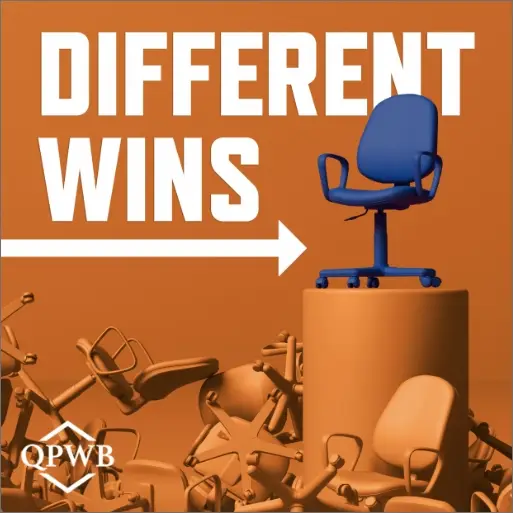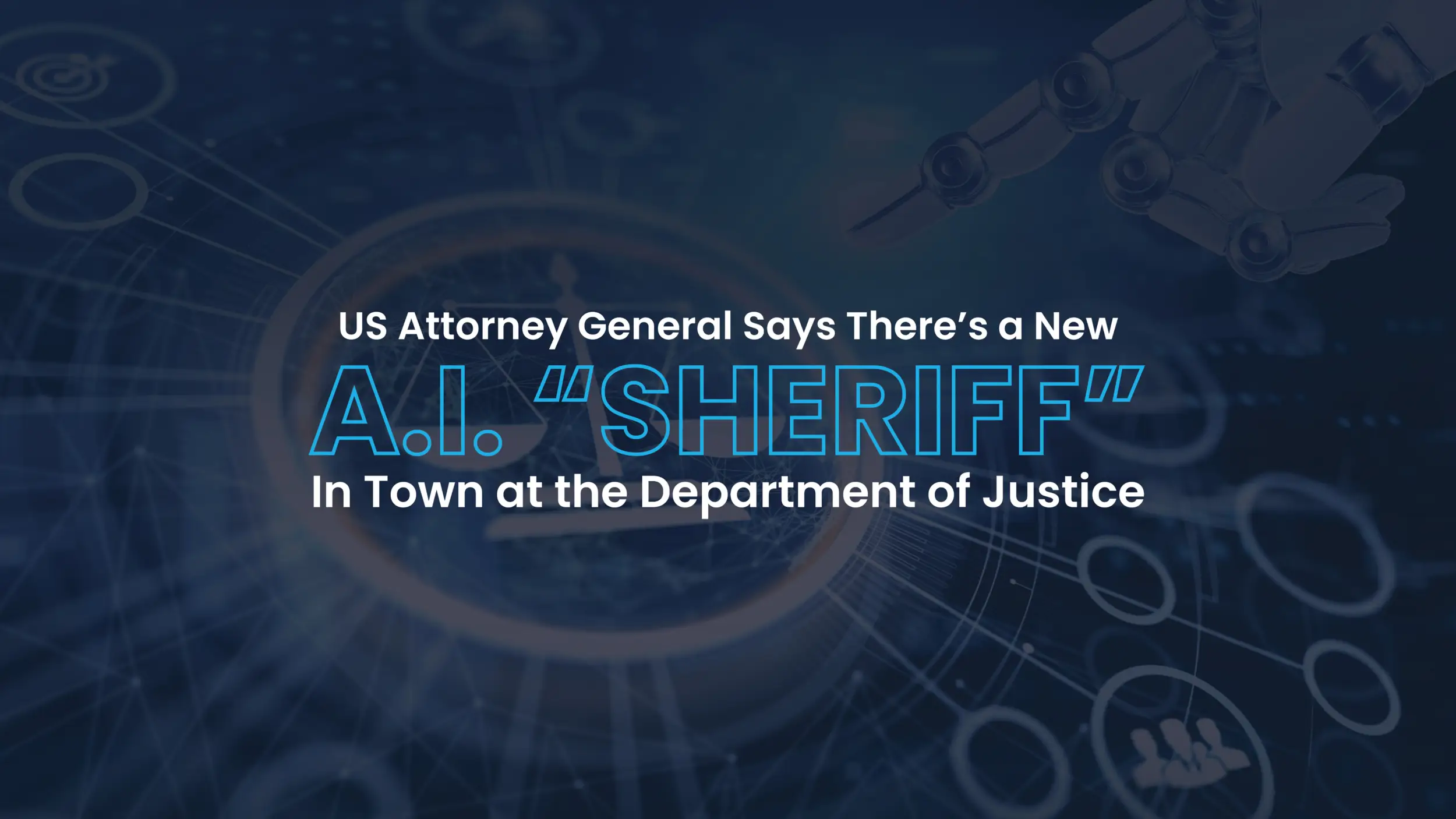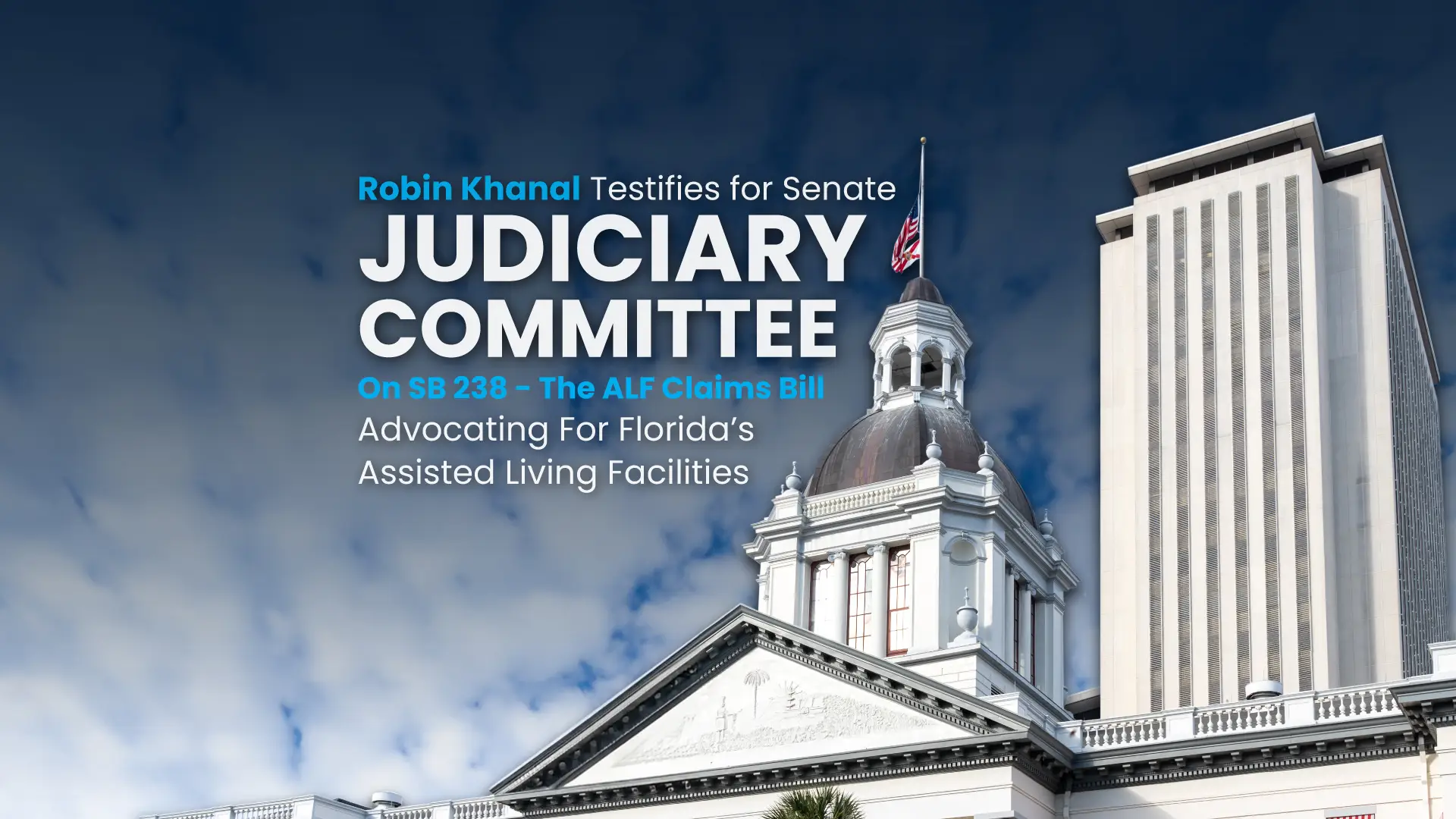05 September, 2023
The Apex Doctrine in Action: Georgia's Bold Move to Protect Corporate Leadership
In: Uncategorized
Comments: 0

By: Gabriel Logreia and Sandro Stojanovic
For years, large corporations have struggled to prevent the burdensome task of sending high-ranking officers to be deposed under O.C.G.A. ? 9-11-30(b)(6). More often than not, these officers are not familiar with the specific facts relating to the subject matter of the litigation. As such, they are forced to step away from their work to repeat the same few statements: "I do not know" or "I am not sure". Fortunately, effective May 1, 2023, Georgia codified the apex doctrine with the enactment of O.C.G.A. ? 9-11-26.1, titled "Protective orders for certain high-ranking members of a governmental body or public or private entity."
The purpose of the apex doctrine is to protect high-level officers from becoming vulnerable to numerous, repetitive, harassing, and abusive depositions. See In re Mentor Corp. Obtape Transobturator Sling Products Liability Litigation, No. 4:08-MD-2004(CDL), 2009 WL 473021, *1 (M.D. Ga. Dec. 1, 2009). Furthermore, the doctrine is aimed to prevent the high-level officer's deposition that is sought simply because he or she is the CEO or agency head - the top official, not because of any special knowledge of, or involvement in, the matter in dispute. See Minter v. Wells Fargo Bank, N.A., 258 F.R.D. 118, 126 (I)(A) (D. Md. 2009).
Prior to its codification, trial judges were left to their discretion to determine whether to apply the apex doctrine to certain cases. See O.C.G.A. ? 9-11-26(c). Most recently, the Supreme Court of Georgia issued its ruling on the issue as it related whether the doctrine was applicable to the deposition of General Motors' CEO in a wrongful death case. See General Motors, LLC v. Buchanan, 313 Ga. 811, 821, 823 (2022). The Court found that trial courts have broad discretion in determining whether to protect a corporate officer from written discovery and depositions after actually considering the evidence and arguments presented.
Now, trial courts must enter a protective order upon a showing of good cause. It is on the burden of the party seeking the motion to prove both (1) that such person is an officer, and (2) that he or she lacks unique personal knowledge of any matter relevant to the subject matter involved in the pending action. However, good cause will not be deemed shown where the party seeking discovery demonstrates both (1) all other reasonable means of discovery have been exhausted and inadequate, and (2) the person seeking the protective order has unique personal knowledge of one or more matters relevant to the subject matter involved. If an officer lacks unique personal knowledge of some, but not all, relevant matters, the court may limit the scope of the deposition.
With its codification comes the need for further clarification from the courts. Most importantly, Georgia courts will need to define who is a high-ranking officer and what "unique and extensive scheduling demands or responsibilities" are. Some courts have considered the officer's degree of "apexness" in relation to other factors, the hierarchical structure of departments, the officer's key role in setting and enforcing policies and practices, and the significant risk of being called to testify in innumerable suits. Another method is to look at a "proverbial sliding scale" and determine whether the closer that a proposed witness is to the apex of some particular peak in the corporate mountain range and the less directly relevant that person is to the evidence proffered in support of his deposition, the more appropriate the protections of the apex doctrine become.
Nonetheless, the act will hopefully help limit unduly burdensome discovery requests of officers with little to no personal knowledge of the issues relevant to a case by either fully quashing the request or limiting the scope of the request accordingly.




